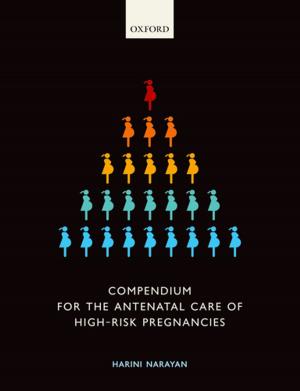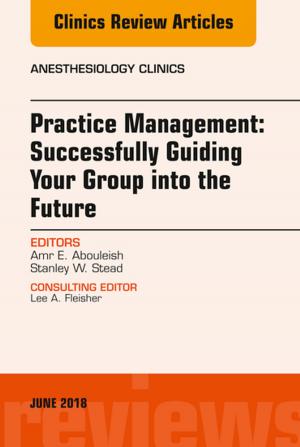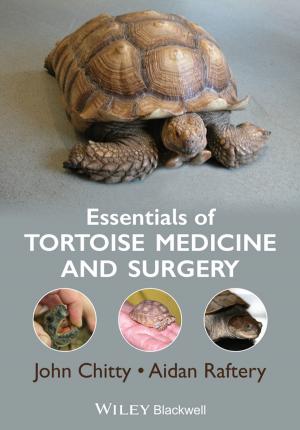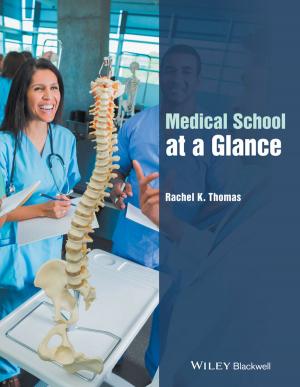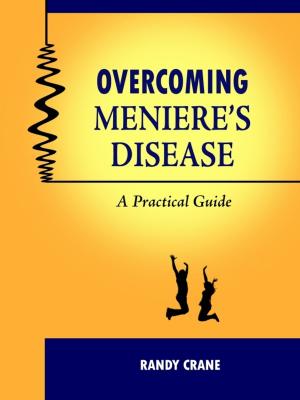I am your Amazing Body
Nonfiction, Reference & Language, Education & Teaching, Reference, Health & Well Being, Medical| Author: | UE Foundation | ISBN: | 9781301678631 |
| Publisher: | UE Foundation | Publication: | July 24, 2013 |
| Imprint: | Smashwords Edition | Language: | English |
| Author: | UE Foundation |
| ISBN: | 9781301678631 |
| Publisher: | UE Foundation |
| Publication: | July 24, 2013 |
| Imprint: | Smashwords Edition |
| Language: | English |
When you consider how important they are to our very existence, it’s amazing how little most people know about their own bodies. The heart, the lungs, the liver – we know those things are vital to life and health, and perhaps vaguely understand what they do. But the pituitary gland? The hypothalamus? What are they? And the brain? – too complicated even to think about.
Most of us understand the workings of our cars and computers better than we understand our own bodies. So, as soon as we get disturbing news from the doctor, we begin a frantic search of the internet to learn as much as we can about our condition.
There’s an easier way to get educated about your body, and you are looking at it. J.D. Radcliff was a highly respected science writer. In the 1960s, after interviewing dozens of leading medical authorities, he wrote a series of articles for the Reader’s Digest explaining the workings of the human body. He wrote in plain language and explained things in a way that was easy to understand. It became the most popular series the Digest ever published.
How J.D. Radcliff explained the body, in plain English:
The skin: "You think of me as a not too interesting sausage wrapper, an inert parchment demanding much shaving, bathing, scratching, anointing, and giving little. How wrong you are. I am an absolute essential."
The bloodstream: "Think big when you think about me. I am a transport system with 75,000 miles of route – more than a global airline. I am also a garbage man and delivery boy with 120 trillion customers..."
The thymus: "Until recently I've been regarded as a kind of poor relation in your family of glands. Like your appendix I was looked on as an evolutionary leftover – useless, nonproductive, a source of no good and possibly of trouble. How times change! All of a sudden I find myself the hottest item in medical research, the possible key to problems ranging from allergy and arthritis to cancer and aging."
When you consider how important they are to our very existence, it’s amazing how little most people know about their own bodies. The heart, the lungs, the liver – we know those things are vital to life and health, and perhaps vaguely understand what they do. But the pituitary gland? The hypothalamus? What are they? And the brain? – too complicated even to think about.
Most of us understand the workings of our cars and computers better than we understand our own bodies. So, as soon as we get disturbing news from the doctor, we begin a frantic search of the internet to learn as much as we can about our condition.
There’s an easier way to get educated about your body, and you are looking at it. J.D. Radcliff was a highly respected science writer. In the 1960s, after interviewing dozens of leading medical authorities, he wrote a series of articles for the Reader’s Digest explaining the workings of the human body. He wrote in plain language and explained things in a way that was easy to understand. It became the most popular series the Digest ever published.
How J.D. Radcliff explained the body, in plain English:
The skin: "You think of me as a not too interesting sausage wrapper, an inert parchment demanding much shaving, bathing, scratching, anointing, and giving little. How wrong you are. I am an absolute essential."
The bloodstream: "Think big when you think about me. I am a transport system with 75,000 miles of route – more than a global airline. I am also a garbage man and delivery boy with 120 trillion customers..."
The thymus: "Until recently I've been regarded as a kind of poor relation in your family of glands. Like your appendix I was looked on as an evolutionary leftover – useless, nonproductive, a source of no good and possibly of trouble. How times change! All of a sudden I find myself the hottest item in medical research, the possible key to problems ranging from allergy and arthritis to cancer and aging."

